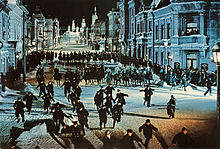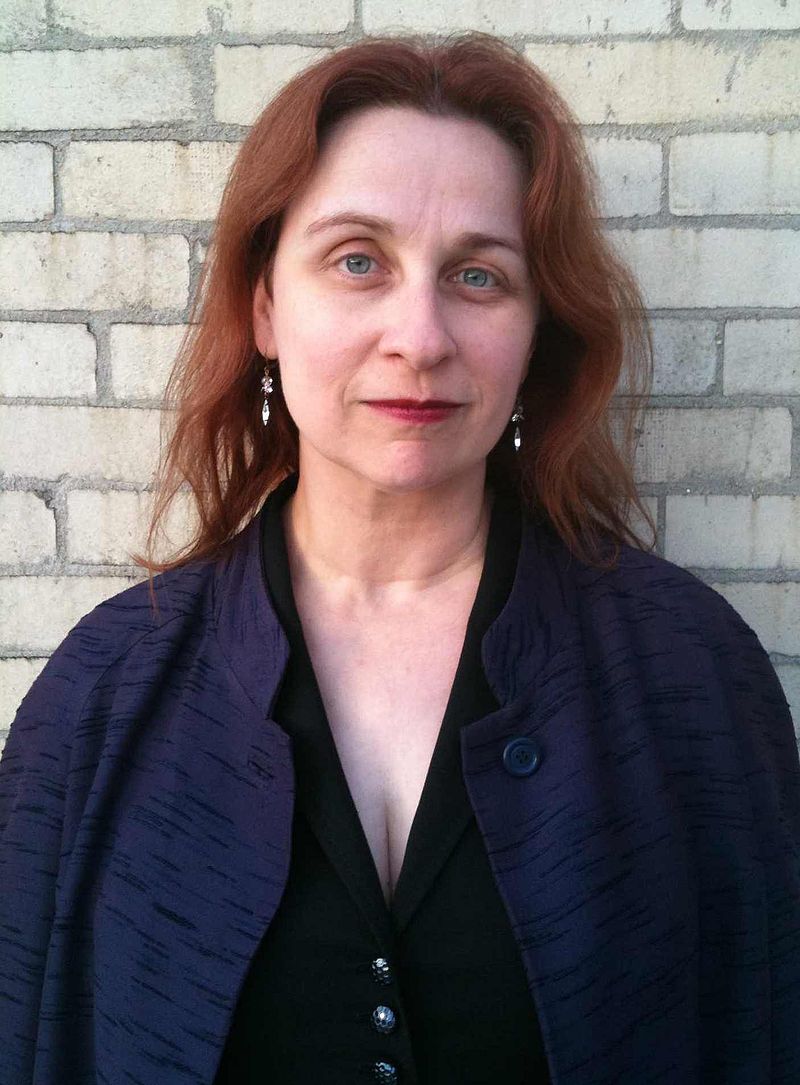I often think that my favourite novels do not depict marriages in a happy light. This, of course, allows the writer to explore tensions and create jeopardy in the story. It permits the writer to be forgiving. I have selected a few of those ill-fated marriages where I think the author does this well- all rate highly amongst my favourite books.
The marriage between Thea and Vladimir of Kiev in The Betrothed Sister was not easy but this couple come through difficulties and threats together to discover happiness in their lives. The marriage between Gunnhild and Alan of Richmond in The Swan-Daughter does not work out as she might have foreseen as she falls in love with another and he already loved another. That between Edith Swan-Neck and King Harold in The Handfasted Wife, whilst a love match was handfasted and he set her aside for another when he was crowned King of England. However somehow before his death on Senlac Hill they do find peace together and after his death she remembers him as her only true love.
Here are several ill-fated marriages in a few of the novels that I have enjoyed reading -
Dorothea Brooke and Edward Casaubon from Middlemarch by George Eliot
Dorothea Brooke, idealistic, young and beautiful, passionate, orphaned and intent on making something purposeful of her life accepts the offer of marriage from a fossilized, idealistic clergyman, Edward Casaubon. She plans to dedicate herself to this great man who spends his years writing a key to all mythologies. The couple are clearly unsuited as is illustrated early in the novel on their ill-fated honeymoon. Dorothea had expected to be overcome by a food of feeling at what she saw in Italy but her husband reflects that his 'stream of affection' has turned out to be 'exceedingly shallow'. He has sensed that his new wife is not a protection against his sense of inadequacy but a perpetual threat and reproach. I like this novel's enduring subtlety and humanity. The other pairings in Eliot's novel are filled with traps as sticky as spider webs.
Lara and Yuri from Dr Zhivago by Boris Pasternak
Although this pair never actually married, they were an ill-fated couple. The story takes place at the time of the Russian Revolution. They are both married to others but come together briefly and subsequently are parted as political events overtake their lives. They have hidden from the world in Yuri's country retreat in the Urals. It is a poignant time as it is so short and because Tonya, Yuri's wife loves him and he has conflicted loyalties. In Doctor Zhivago the personal story is set against a sweeping political background. It is a passionate story with depth and understanding. This is one of my five favourite novels, beautifully and sympathetically written.
Tristram and Iseult told by Matthew Arnold
There is an emphasis in the tale of Tristram that love can be so extreme it ends up leading to death of the partners. Arnold's retelling of the story displays simple family concerns where Iseult of Brittany is an abandoned wife with two small children. Arnold suggests a retreat into the imagination and immoral love as an escape from reality. It is a classic historical romance with many twists, turns and stories within stories but it is one with an unfortunate ending. It is a most influential medieval love story and is on the surface a love triangle story between the hero, his uncle's wife and the uncle. A love potion was mistakenly given to Iseult on her wedding night and the tale's events follow consequences from this chance mistake. Tristram eventually marries another Iseult in this version but he cannot consummate the marriage because of his love for his original Iseult. He searches for her but dies of grief before she, too, searching for the love of her life reaches him. Soon after this, Iseult dies of a broken heart. The story has many different tellings, but whichever telling, it remains the classic story of an ill-fated relationship and, moreover, it illustrates very well how obstacles can inhabit a good story to thwart the successful conclusion of love between hero and heroine.
Caroline and Faraday in The Little Stranger by Sarah Waters
In this tale, Faraday is a country doctor called to Hundred's Hall, a faded 18thC estate. He strikes up a friendship with Caroline Ayres, the unmarried daughter of the family. After a young girl is mauled by Caroline's previously gentle Labrador it seems that the house contains a malevolent energy. The relationship between Faraday and Caroline wavers between romance and friendship. They, none the less, plan to marry. On the night of their wedding disaster strikes. The haunting narrative in this novel and its constant tension plays out through the story. This story addresses insanity, poltergeists, and family secrets. The romance is haunted by a sense of developing dread and this I love! Gothic.
Claire and Henry in The Time Traveller's Wife by Audrey Niffenegger
A man and woman meet in a Chicago library and in due course they marry. However, Henry is a time traveller and is whisked away just before the ceremony. An older Henry falls back through the years to take his place. The writer uses Henry's time travel to illustrate a sense of slippage in a long term relationship, in that each partner views the relationship differently. I felt a sense that their lives were mapped out to the extent that the time of their deaths are told. It is a poignant novel exquisitely told and one can not help but feel sad for both Henry and Clare.
| Handfasting |
The marriage between Thea and Vladimir of Kiev in The Betrothed Sister was not easy but this couple come through difficulties and threats together to discover happiness in their lives. The marriage between Gunnhild and Alan of Richmond in The Swan-Daughter does not work out as she might have foreseen as she falls in love with another and he already loved another. That between Edith Swan-Neck and King Harold in The Handfasted Wife, whilst a love match was handfasted and he set her aside for another when he was crowned King of England. However somehow before his death on Senlac Hill they do find peace together and after his death she remembers him as her only true love.
 |
| George Eliot |
Here are several ill-fated marriages in a few of the novels that I have enjoyed reading -
Dorothea Brooke and Edward Casaubon from Middlemarch by George Eliot
 |
| Well worth reading! |
Dorothea Brooke, idealistic, young and beautiful, passionate, orphaned and intent on making something purposeful of her life accepts the offer of marriage from a fossilized, idealistic clergyman, Edward Casaubon. She plans to dedicate herself to this great man who spends his years writing a key to all mythologies. The couple are clearly unsuited as is illustrated early in the novel on their ill-fated honeymoon. Dorothea had expected to be overcome by a food of feeling at what she saw in Italy but her husband reflects that his 'stream of affection' has turned out to be 'exceedingly shallow'. He has sensed that his new wife is not a protection against his sense of inadequacy but a perpetual threat and reproach. I like this novel's enduring subtlety and humanity. The other pairings in Eliot's novel are filled with traps as sticky as spider webs.
Lara and Yuri from Dr Zhivago by Boris Pasternak
 |
| The Cossacks attack demonstrators in Doctor Zhivago |
Although this pair never actually married, they were an ill-fated couple. The story takes place at the time of the Russian Revolution. They are both married to others but come together briefly and subsequently are parted as political events overtake their lives. They have hidden from the world in Yuri's country retreat in the Urals. It is a poignant time as it is so short and because Tonya, Yuri's wife loves him and he has conflicted loyalties. In Doctor Zhivago the personal story is set against a sweeping political background. It is a passionate story with depth and understanding. This is one of my five favourite novels, beautifully and sympathetically written.
Tristram and Iseult told by Matthew Arnold
 |
| Image from Wikipedia |
There is an emphasis in the tale of Tristram that love can be so extreme it ends up leading to death of the partners. Arnold's retelling of the story displays simple family concerns where Iseult of Brittany is an abandoned wife with two small children. Arnold suggests a retreat into the imagination and immoral love as an escape from reality. It is a classic historical romance with many twists, turns and stories within stories but it is one with an unfortunate ending. It is a most influential medieval love story and is on the surface a love triangle story between the hero, his uncle's wife and the uncle. A love potion was mistakenly given to Iseult on her wedding night and the tale's events follow consequences from this chance mistake. Tristram eventually marries another Iseult in this version but he cannot consummate the marriage because of his love for his original Iseult. He searches for her but dies of grief before she, too, searching for the love of her life reaches him. Soon after this, Iseult dies of a broken heart. The story has many different tellings, but whichever telling, it remains the classic story of an ill-fated relationship and, moreover, it illustrates very well how obstacles can inhabit a good story to thwart the successful conclusion of love between hero and heroine.
Caroline and Faraday in The Little Stranger by Sarah Waters
 |
| One of my favourite novels |
In this tale, Faraday is a country doctor called to Hundred's Hall, a faded 18thC estate. He strikes up a friendship with Caroline Ayres, the unmarried daughter of the family. After a young girl is mauled by Caroline's previously gentle Labrador it seems that the house contains a malevolent energy. The relationship between Faraday and Caroline wavers between romance and friendship. They, none the less, plan to marry. On the night of their wedding disaster strikes. The haunting narrative in this novel and its constant tension plays out through the story. This story addresses insanity, poltergeists, and family secrets. The romance is haunted by a sense of developing dread and this I love! Gothic.
Claire and Henry in The Time Traveller's Wife by Audrey Niffenegger
 |
| The author dyed her hair red to say goodbye to Claire and Henry |
A man and woman meet in a Chicago library and in due course they marry. However, Henry is a time traveller and is whisked away just before the ceremony. An older Henry falls back through the years to take his place. The writer uses Henry's time travel to illustrate a sense of slippage in a long term relationship, in that each partner views the relationship differently. I felt a sense that their lives were mapped out to the extent that the time of their deaths are told. It is a poignant novel exquisitely told and one can not help but feel sad for both Henry and Clare.
